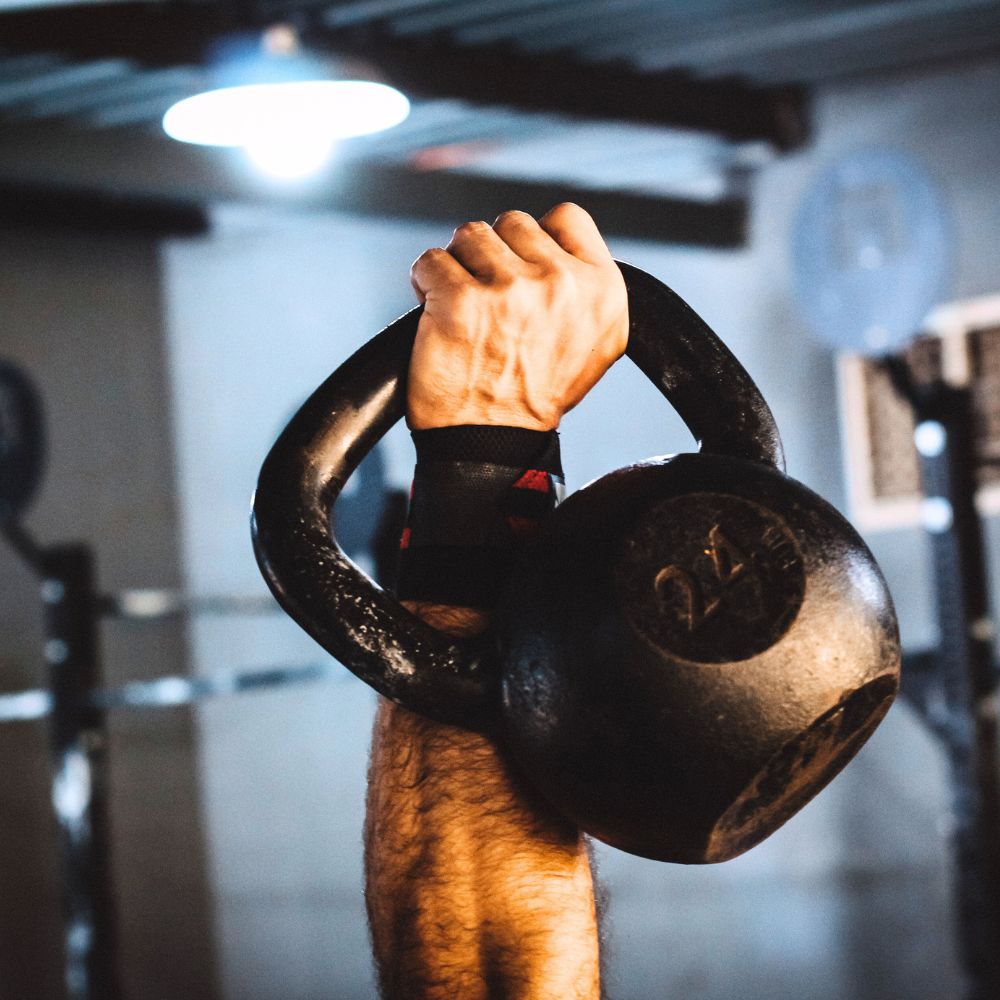When it comes to muscle growth, protein is regarded as the key contributor. It’s a critical component for muscle repair and growth, but what if you’re looking to build muscle without sufficient protein? This article explores the role of protein in muscle development, the possibility of building muscle without it, and alternative strategies to support your fitness goals.
The Role of Protein in Muscle Building
Protein is derived from amino acids, which are the building blocks of muscle tissue. Resistance training causes small breaks in your muscle fibers. Protein helps repair these tears, leading to muscle growth (hypertrophy). Adequate protein intake supports recovery and maintains a positive nitrogen balance, which is essential for muscle synthesis.
Recommended Protein Intake
For most individuals aiming to build muscle, a daily protein intake of 1.6 to 2.2 grams per kilogram of body weight is recommended. However, the exact amount can vary based on factors like age, sex, activity level, and overall fitness goals.
Can You Build Muscle Without Protein?
While protein is vital for optimal muscle growth, there are scenarios in which individuals may still see muscle gains even with lower protein intake:
1. Beginners in Strength Training
Individuals who are new to strength training may experience significant muscle gains, even with a lower protein intake. This is often referred to as “newbie gains,” where the body is highly responsive to the stimulus of resistance training. The initial adaptations can lead to noticeable improvements in muscle size and strength.
2. Caloric Surplus
In some cases, if you consume a caloric surplus—eating more calories than your body burns—you might still gain muscle, even with inadequate protein. The body can use excess calories for muscle synthesis, though this is not an efficient or sustainable approach.
3. Other Nutrients
Carbohydrates and fats also play essential roles in muscle building and overall energy levels. Adequate intake of these macronutrients can provide the energy needed for intense workouts, supporting performance and recovery. While they cannot replace protein, they can still contribute to a muscle-building environment.
4. Hormonal Factors
Hormones such as testosterone and human growth hormone (HGH) play a significant role in muscle development. Individuals with optimal hormone levels may experience muscle growth even with lower protein intake, though this is highly individual and influenced by various factors.
Limitations of Building Muscle Without Protein
While it’s possible to see some muscle gains without adequate protein, relying on this approach has its limitations:
- Reduced Recovery: Without sufficient protein, recovery may be slower, increasing the risk of overtraining and injury.
- Limited Gains: The rate of muscle growth may be significantly slower compared to those consuming adequate protein.
- Nutrient Deficiencies: A diet low in protein may lack essential amino acids and other nutrients necessary for overall health and performance.
Alternative Strategies for Muscle Building
If you find yourself in a situation where protein intake is low, consider these strategies to support muscle building:
- Focus on Whole Foods: Prioritize nutrient-dense foods that provide a balance of carbohydrates, fats, and essential vitamins and minerals.
- Optimize Training: Engage in a well-structured resistance training program, emphasizing progressive overload to stimulate muscle growth.
- Stay Hydrated: Adequate hydration is crucial for overall performance and recovery, even if protein intake is lacking.
- Consider Supplements: If you struggle to meet protein needs through food, consider protein supplements (whey, casein, or plant-based options) to help bridge the gap.
Conclusion
While protein is essential for optimal muscle building, there are scenarios where individuals may still experience gains without sufficient protein intake. However, relying on this approach is not advisable for long-term muscle growth and health. To maximize muscle development, prioritize a balanced diet with adequate protein, engage in effective training, and consider other strategies to support your fitness journey. For best results, aim to incorporate sufficient protein into your diet to ensure recovery and sustained muscle growth.

